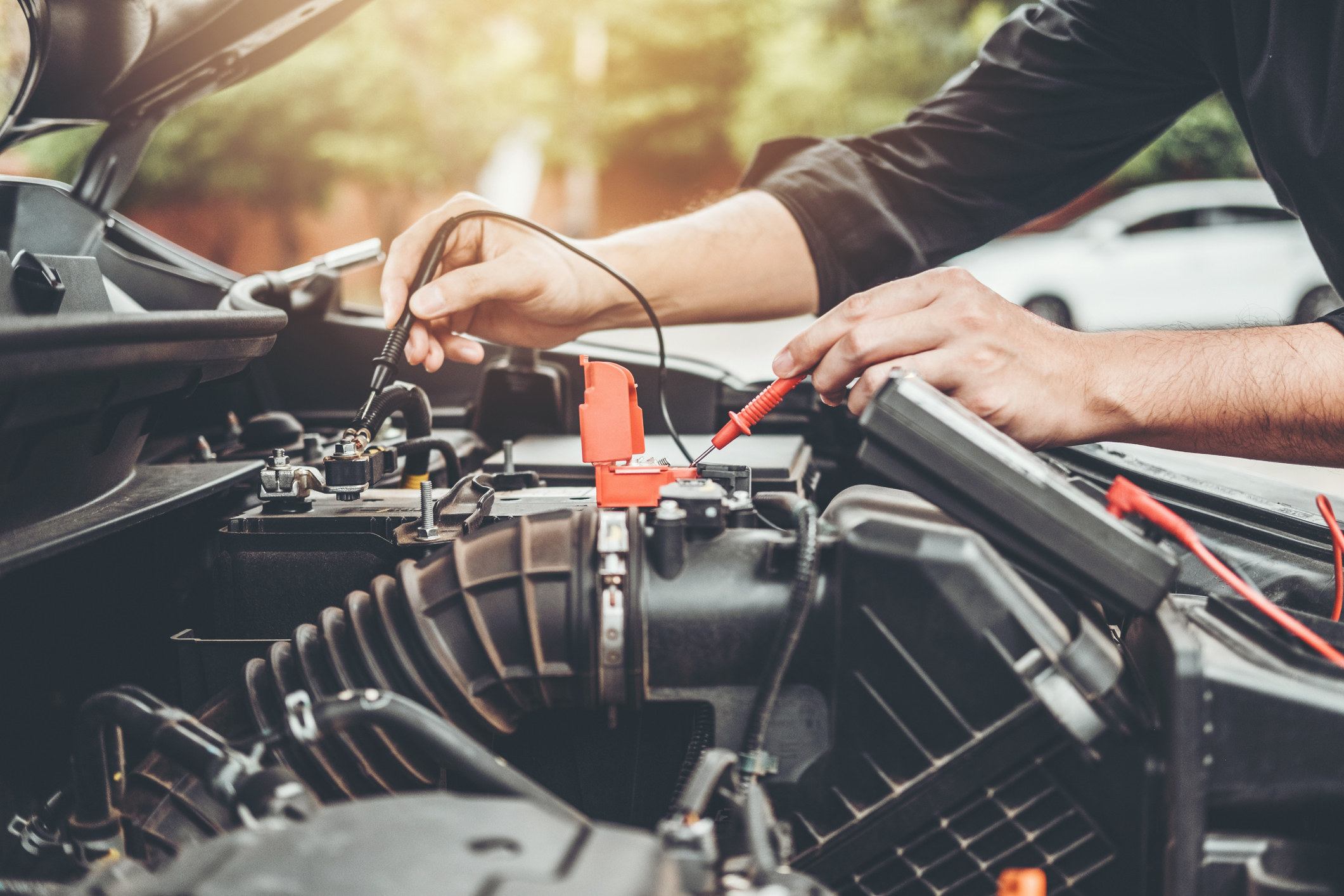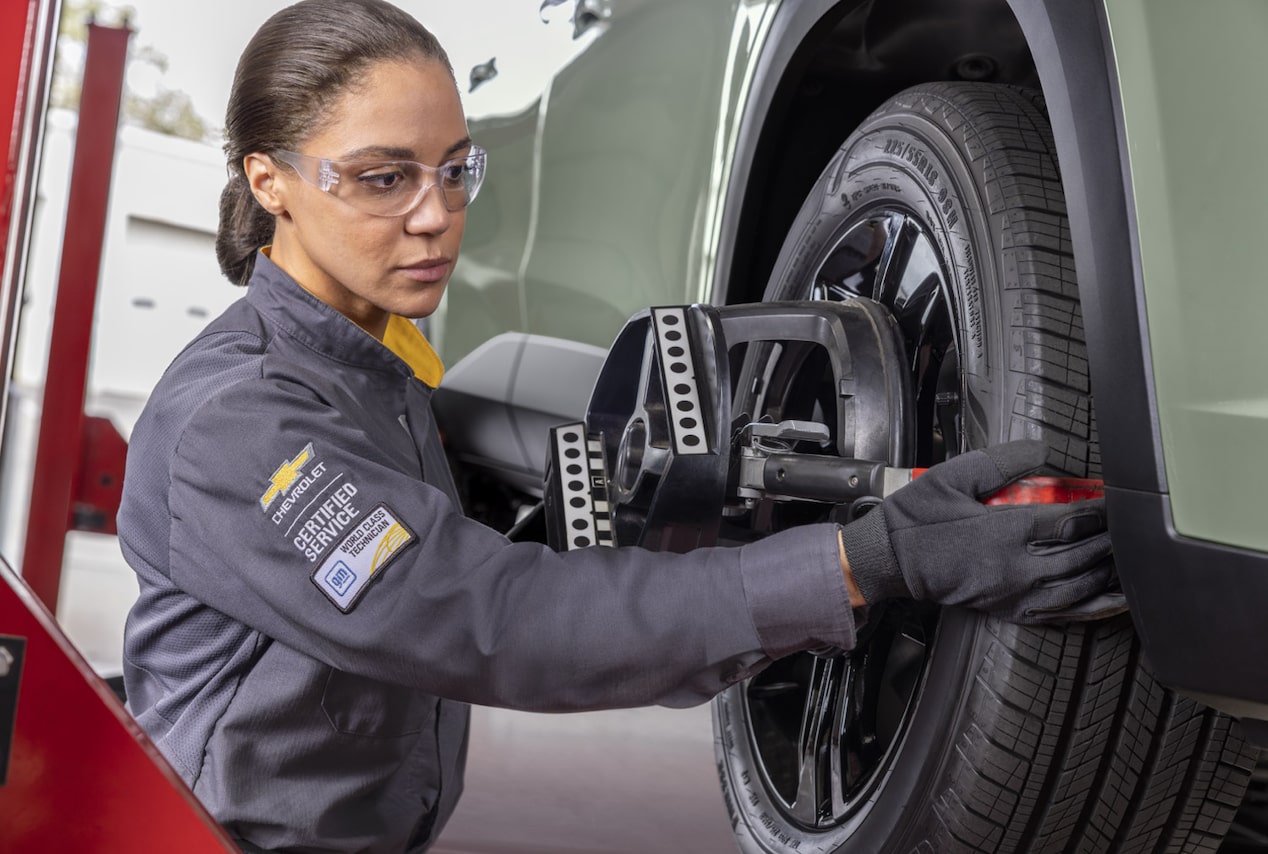Featured
Normal maintenance is key to making certain that your car runs efficiently and continues to be trusted. Among one of the most essential aspects of vehicle care is examining and keeping your lorry's liquids. Fluids are important for the proper functioning of various car systems, and neglecting them can lead to major issues that may affect both the efficiency and durability of your auto. Below's why it's so crucial to stay on top of your car's liquids and just how to keep them in optimal problem.
![]()
![]()
How to Inspect and Maintain Your Automobile's Fluids. Review the Owner's Manual: Your car's proprietor's guidebook offers particular standards for checking and keeping numerous fluids. Comply with the suggested periods for fluid checks and replacements.
Check Fluid Levels Regularly: Make it a routine to examine fluid degrees every month, particularly soon journeys. Many liquids can be checked conveniently using dipsticks, gauges, or view glasses.
![]()
Look for Leaks: Examine for any kind of visible leakages around liquid storage tanks, tubes, and under the automobile. Dripping fluids might be an indicator of worn hose pipes or seals that require focus.
Utilize the Right Fluids: Always utilize the manufacturer-recommended liquids for your car. Utilizing the incorrect type of fluid can create damages and may invalidate your warranty.
Change Fluids When Required: Gradually, fluids deteriorate and lose their performance. Follow your car's solution schedule for liquid modifications to guarantee that your auto remains to run effectively.
Final thought. Engine oil, transmission fluid, coolant, brake fluid, power steering liquid, and windscreen washing machine liquid all play vital functions in maintaining your automobile running efficiently. By making liquid checks component of your regular maintenance routine, you can extend the life of your car and appreciate a more secure, much more dependable driving experience.
- Engine Oil: The Lifeline of Your Engine. Engine oil is one of the most crucial fluids in your car, as it oils the engine's relocating parts, lowers friction, and aids control temperature level. Over time, engine oil breaks down and ends up being much less effective, which can lead to enhanced wear and tear on engine components.

- Transmission Fluid: Ensuring Smooth Equipment Shifts. Like engine oil, transmission liquid can degrade over time, leading to sliding gears, rough shifts, and inadequate gas efficiency. Frequently inspecting and transforming your transmission fluid aids preserve smooth transmission procedure, minimizes the danger of transmission damage, and enhances the automobile's general performance.
- Coolant/Antifreeze: Maintaining the Engine Cool. Coolant (or antifreeze) is a vital liquid that avoids your engine from overheating by regulating its temperature. It flows via the engine, absorbing excess warm and carrying it to the radiator to be cooled down. Coolant also stops the engine from freezing in winter, hence the term "antifreeze." Gradually, coolant can become polluted or lose its efficiency, bring about engine getting too hot and prospective damages. Making sure that your automobile has the appropriate level and concentration of coolant can aid prevent getting too hot, minimize the danger of engine damages, and extend the life of your car.
- Brake Fluid: Critical for Security. Brake fluid is essential for the appropriate operation of your automobile's braking system. It moves pressure from the brake pedal to the brake components, permitting you to reduce or quit the automobile. Reduced or polluted brake fluid can result in inadequate braking performance, causing dangerous circumstances on the roadway. On a regular basis inspecting the brake fluid degree and top quality, and changing it when necessary, aids make sure that your car's braking system functions as it should. It may be time to inspect the brake liquid. if you notice a reduction in braking responsiveness or a soft brake pedal.

- Power Guiding Fluid: Smooth Guiding Performance. Power steering liquid permits less complicated guiding by giving hydraulic stress to the steering mechanism. Without sufficient power guiding liquid, guiding can become hard and much less receptive, possibly making it harder to maneuver the automobile. Leaks or reduced degrees of power guiding liquid can lead to steering concerns, consisting of whining noises or rigid guiding. Frequently examining and keeping the proper fluid degrees guarantees that your steering stays easy and smooth to regulate, especially when turning or car parking.
- Windscreen Washing Machine Liquid: Clear Vision for Safe Driving. While it might appear less essential than engine or brake liquid, windscreen washer liquid plays a crucial role in guaranteeing clear visibility while driving. This fluid is in charge of cleansing your windshield when dirt, dust, or insects accumulate, especially during lengthy drives. Keeping the windscreen washer fluid at a sufficient degree aids guarantee that your windscreen stays clean, particularly in adverse climate conditions, which adds to more secure driving.
How to Inspect and Maintain Your Automobile's Fluids. Review the Owner's Manual: Your car's proprietor's guidebook offers particular standards for checking and keeping numerous fluids. Comply with the suggested periods for fluid checks and replacements.
Check Fluid Levels Regularly: Make it a routine to examine fluid degrees every month, particularly soon journeys. Many liquids can be checked conveniently using dipsticks, gauges, or view glasses.

Look for Leaks: Examine for any kind of visible leakages around liquid storage tanks, tubes, and under the automobile. Dripping fluids might be an indicator of worn hose pipes or seals that require focus.
Utilize the Right Fluids: Always utilize the manufacturer-recommended liquids for your car. Utilizing the incorrect type of fluid can create damages and may invalidate your warranty.
Change Fluids When Required: Gradually, fluids deteriorate and lose their performance. Follow your car's solution schedule for liquid modifications to guarantee that your auto remains to run effectively.
Final thought. Engine oil, transmission fluid, coolant, brake fluid, power steering liquid, and windscreen washing machine liquid all play vital functions in maintaining your automobile running efficiently. By making liquid checks component of your regular maintenance routine, you can extend the life of your car and appreciate a more secure, much more dependable driving experience.
Latest Posts
Transform Your Home with Long Lasting Hardwood Flooring from Carpet Interiors Floor & Home
Published Apr 20, 25
1 min read
Why Soffit and Fascia Matter to Your Home's Health
Published Apr 20, 25
2 min read
Reach Out to Montclare Auto Repair for Expert Help - Fast Service You Can Count On
Published Apr 19, 25
2 min read
More
Latest Posts
Transform Your Home with Long Lasting Hardwood Flooring from Carpet Interiors Floor & Home
Published Apr 20, 25
1 min read
Why Soffit and Fascia Matter to Your Home's Health
Published Apr 20, 25
2 min read
Reach Out to Montclare Auto Repair for Expert Help - Fast Service You Can Count On
Published Apr 19, 25
2 min read